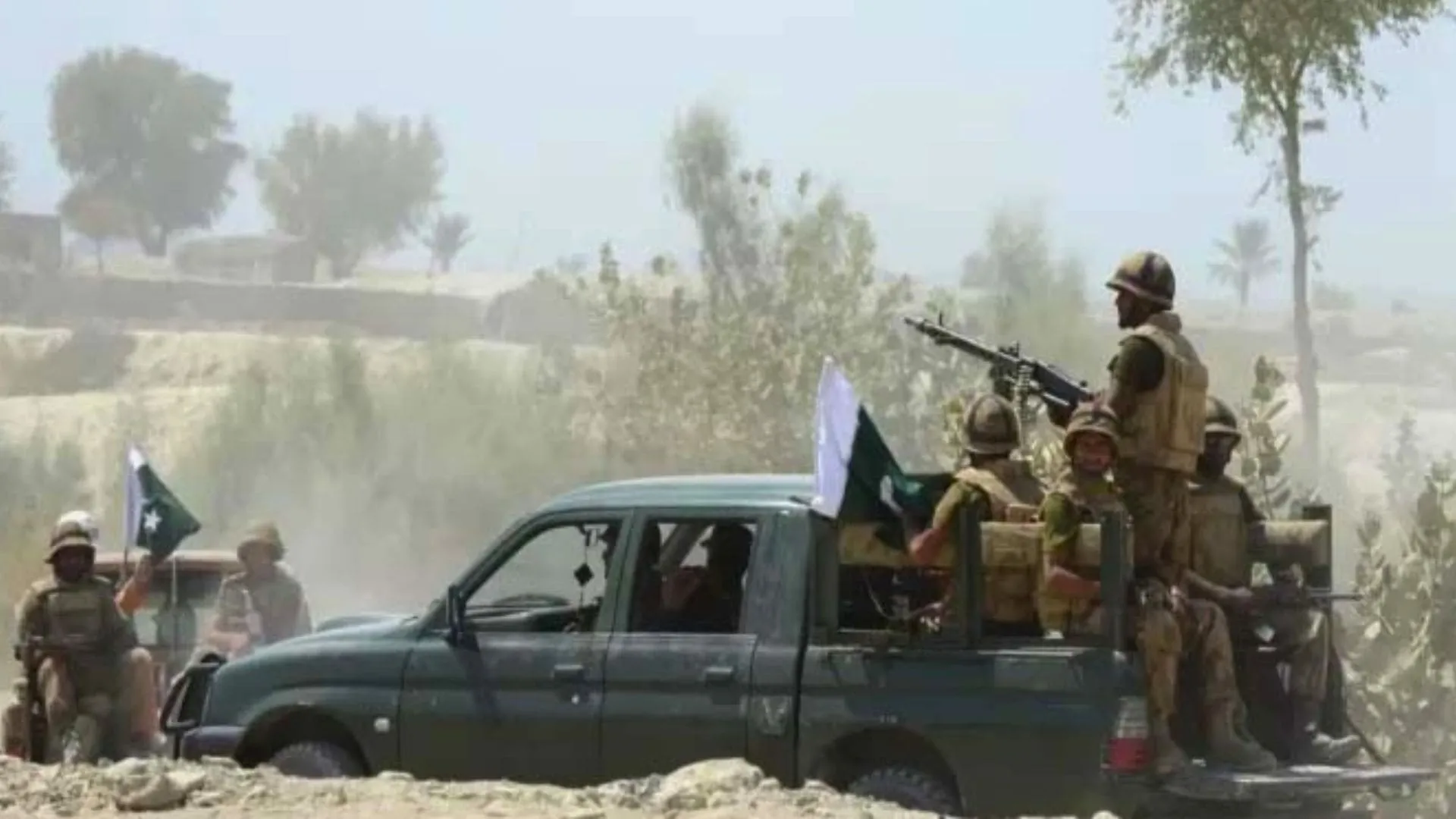Eight Pakistani workers were brutally murdered on April 12, 2025, in Iran’s Sistan-Baluchestan province. The eight victims, all from Pakistan’s Punjab province, Bahawalpur, were working at a car repair workshop in Mehrestan. Gunmen attacked the workshop overnight, bound the men, and murdered them point-blank. The Balochistan National Army (BNA), a proscribed Iranian separatist organization, was behind the attack and accused the victims of being agents of Pakistan’s intelligence agencies. This assault reveals underlying ethnic fault lines and threatens to further strain Iran-Pakistan ties at a particularly sensitive time.
Ethnic Tensions Flare in Iran’s Restive Province
Sistan-Baluchestan province has been a hotbed of unrest for years. It is the home of Sunni Baloch marginalized groups who resent Iran’s Shia-dominated regime. These grievances have, over time, underpinned the growth of militant movements like the BNA. The April 12 attack echoes another attack in 2024 when nine Pakistani workers were gunned down in the same area. Such attacks reveal a concerning trend: more and more foreign workers are targeted by militant groups to make a political point and ratchet up tensions in the region.
Pakistan Acts Tough, Demands Action
The Pakistani government responded quickly to denounce the killings, demanding speedy justice. Sindh Chief Minister Murad Ali Shah stressed that the attack was meant to harm the Islamabad-Tehran relationship. Pakistan’s Foreign Office has approached Iranian authorities, demanding the arrest of the culprits and the safety of Pakistani nationals working in Iran. No arrests have been made so far, and this has only increased Pakistan’s frustration and worry.
Increasing Security Void Increases Regional Risks
This attack highlights an increasing security void along the troubled Iran-Pakistan border. The area is replete with activities of separatist militias, drug smugglers, and militias. If these attacks persist, they will initiate a vicious cycle of retaliations, further destabilizing an already unstable region. Additionally, Iran’s inability to protect foreign workers might deter prospective migration from Pakistan, complicating the already strained situation.
Migrant Workers in the Crosshairs of Conflicting Interests
The victims were not politicians or soldiers, but ordinary laborers—painters, denters, and mechanics. They had come seeking employment in Iran, not strife. But nationality, and even ethnicity, proved a deadly weakness. While the BNA accused them of being spies, no concrete evidence has been presented. This much is certain: migrant workers are being made more and more the pawns in the big game of regional politics.
A Purposeful Strike with Long-Term Ramifications
This strike was not a senseless act of violence, it was a purposeful, deliberate assault. What the attackers conveyed is apparent: tensions in the area are mounting, and both Iran and Pakistan might be on their way to increased turmoil. If they continue, Pakistan’s migration corridors for labor could turn into new fault lines, yet another added ingredient to the already tense diplomatic relationship between both neighboring nations.























